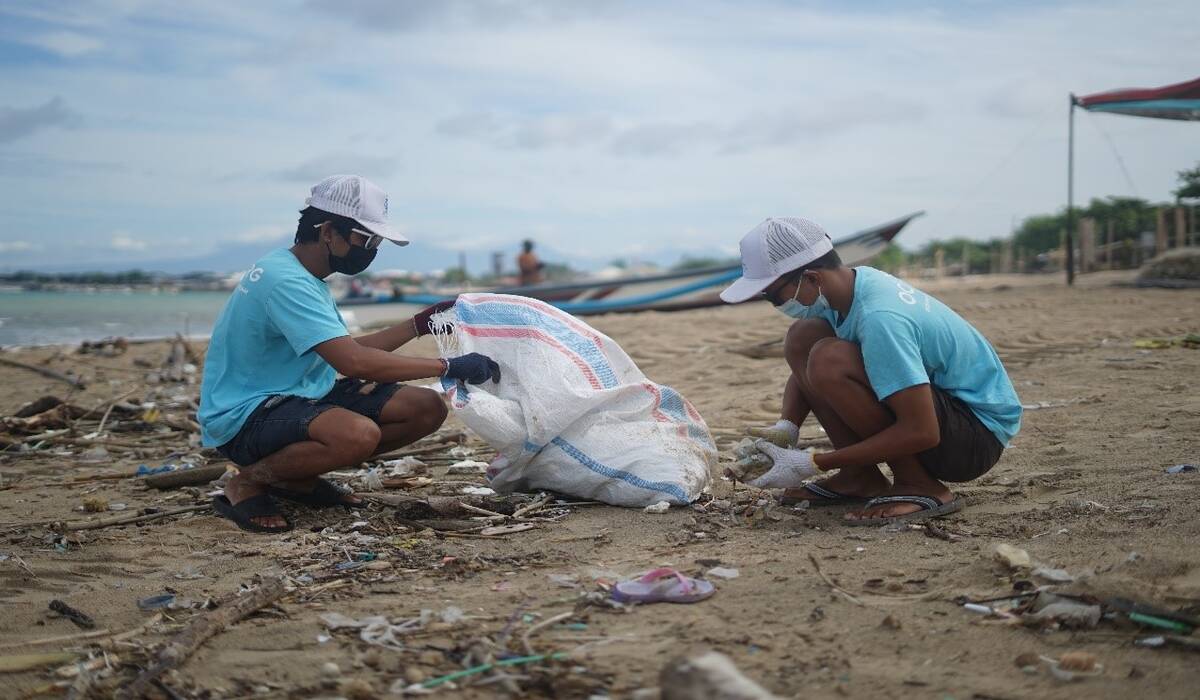Cleanup activities are essential for maintaining a clean and healthy environment. Whether it’s cleaning up litter in our neighborhoods, organizing community-wide cleanup events, or participating in global initiatives, the act of cleaning up holds immense significance. In this article, we will explore the importance of cleanup efforts, the positive impact they have on the environment, and how individuals can actively contribute to creating a cleaner and more sustainable future. Let’s delve into the world of cleanup and discover how this simple act can bring about profound change.
Coastal Cleanup Day is an annual global event dedicated to preserving the beauty and health of our oceans. It brings together individuals, communities, and organizations to engage in a collective effort to clean up and protect coastal areas. This day serves as a powerful reminder of the impact of human activities on marine ecosystems and highlights the urgent need for conservation. Let’s dive in and learn more about this vital initiative.
It raises awareness about the detrimental impact of pollution on our coastal areas. It provides an opportunity for individuals and communities to take action, participate in cleanup activities. As well as, contribute to the protection of marine life. By removing debris and waste from beaches and shorelines, we not only enhance the aesthetic value of these areas but also help prevent further damage to ecosystems and wildlife.
The Significance of Cleanup
Cleanup efforts play a crucial role in addressing environmental challenges and promoting a healthier planet. Here are a few reasons why cleanup is of utmost importance:
Environmental Preservation:
Cleaning up litter and waste helps prevent the pollution of natural habitats, such as forests, rivers, lakes, and oceans. It protects wildlife, preserves biodiversity, and maintains the delicate balance of ecosystems.
Human Health and Safety:
Further, Eliminating litter and hazardous materials from public spaces reduces health risks for individuals and communities. It minimizes the spread of diseases, ensures cleaner air and water. As well as, creates safer environments for all.
Aesthetics and Quality of Life:
Cleanup efforts enhance the visual appeal of our surroundings, making our neighborhoods, parks, and recreational areas more pleasant and inviting. Further, A cleaner environment also contributes to a better quality of life for residents and visitors alike.
Types of Cleanup Initiatives:
Cleanup initiatives can take various forms, addressing different types of pollution and environmental challenges. Let’s explore a few common types of cleanup activities:
Litter Cleanup:
This involves removing litter, such as plastic bottles, food wrappers, cigarette butts, and other debris, from public spaces like parks, streets, beaches, and waterways.
Coastal Cleanup:
Coastal areas are particularly vulnerable to pollution, including marine debris and plastics. Cleaning focuses on removing waste from shorelines, beaches, and coastal ecosystems to protect marine life and preserve the beauty of these areas.
River and Waterway Cleanup:
These initiatives aim to clean up rivers, streams, and other water bodies that have been affected by pollution. Volunteers remove trash, debris. As well as, contaminants and improving water quality and safeguarding aquatic habitats.
Community-wide Cleanup Events:
Moreover, These events bring together residents, local organizations, and businesses to tackle litter and waste in a collective effort. They often involve multiple cleaning sites within a community, creating a sense of unity and fostering a cleaner and more connected neighborhood.
Individual Actions for Cleanup:
Every individual has the power to contribute to cleanup efforts and make a positive impact on the environment. Here are some practical steps individuals can take:
Reduce and Reuse:
Minimize waste generation by adopting practices such as recycling, using reusable products, and avoiding single-use items. By reducing consumption and reusing materials, you can significantly reduce the amount of waste that ends up in the environment.
Proper Waste Disposal:
Dispose of waste responsibly by using designated recycling bins, composting organic waste, and following local waste management guidelines. Avoid littering and encourage others to do the same.
Volunteer for Cleanup Events:
Participate in local cleaning events organized by community groups, environmental organizations, or governmental agencies. Furthermore, These events provide opportunities to contribute to cleaning efforts, meet like-minded individuals, and raise awareness about environmental issues.
Adopt a “Leave No Trace” Mentality:
When spending time in nature, whether it’s hiking, camping, or visiting parks, follow the principles of “Leave No Trace.” Pack out your trash, respect wildlife and natural habitats, and leave the environment as you found it or better.
Educate and Raise Awareness:
Spread awareness about the importance of cleaning and environmental stewardship through social media, community events, or educational initiatives. Moreover, Encourage others to take action and make sustainable choices.
Organize Cleanup Activities:
Take the initiative to organize cleaning activities in your neighborhood, workplace, or school. Further, Engage your community and inspire others to join you in creating a cleaner and more sustainable environment.
Conclusion
Cleanup efforts are not just about tidying up our surroundings; they are about taking responsibility for the planet we call home. By actively participating in cleanup activities, individuals can contribute to a cleaner, healthier, and more sustainable future. Whether it’s picking up litter, organizing events, or promoting awareness, every action counts. Further, Let us embrace the power of cleanup and work together towards a world where cleanliness and environmental consciousness thrive and Coastal Cleanup Day serves as a powerful reminder of our collective responsibility to protect and preserve our oceans. By actively participating in cleanup activities and promoting awareness, we can make a positive difference in the health and longevity of marine ecosystems. Lastly, Let us all join hands every day, to ensure a cleaner, healthier future. Together, we can restore and protect the beauty of our universe.


